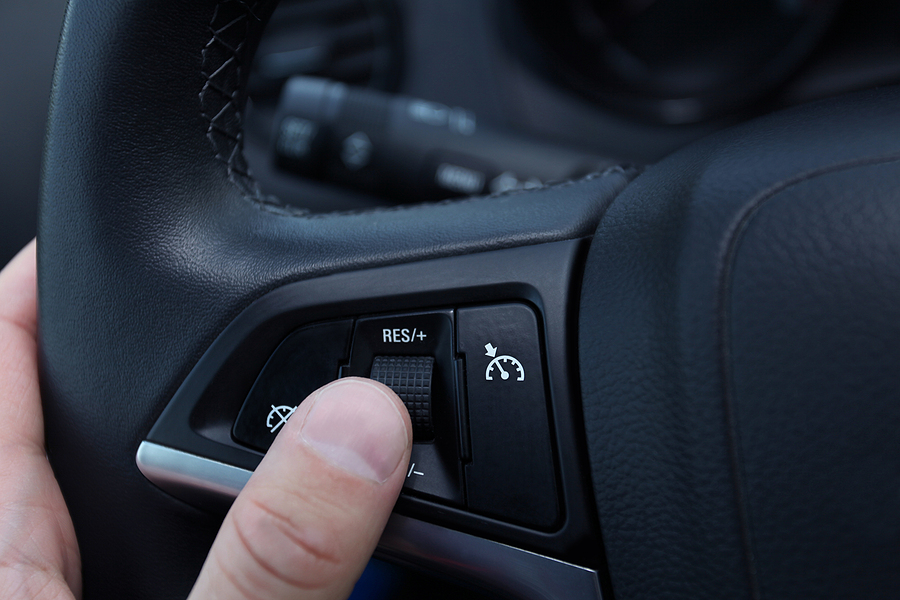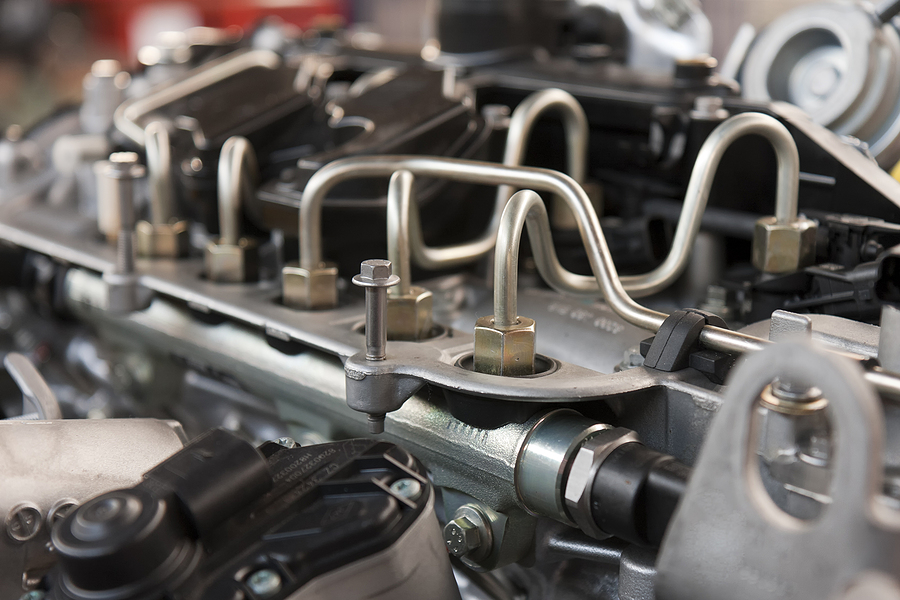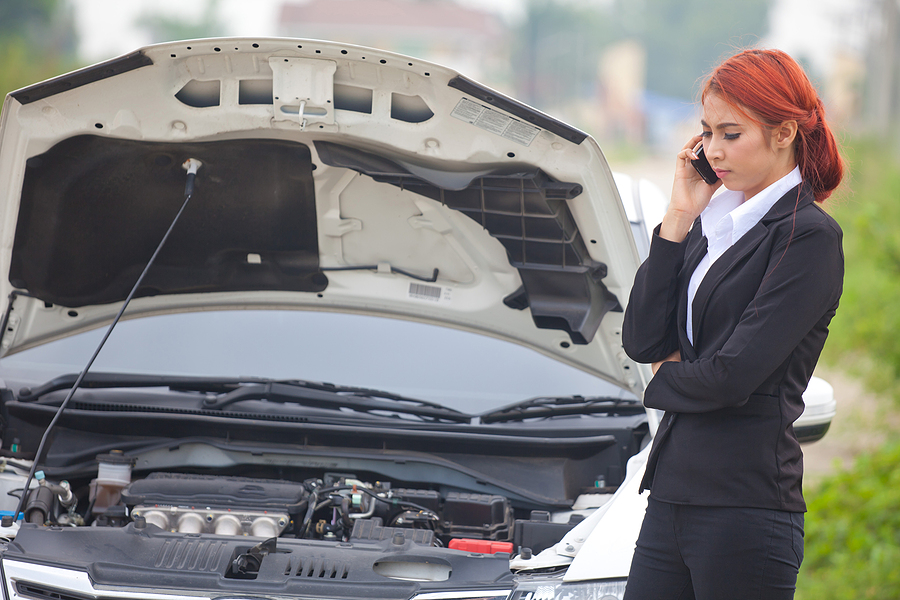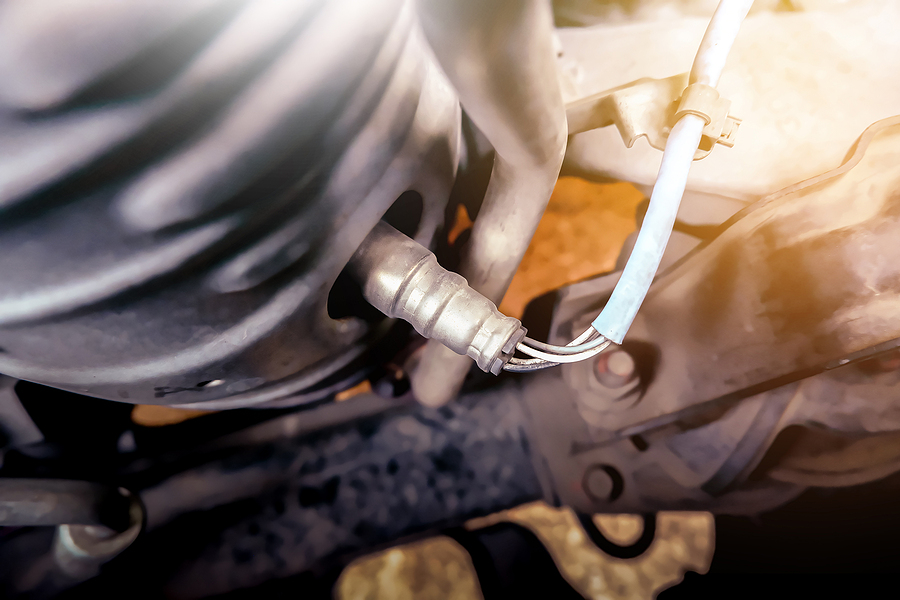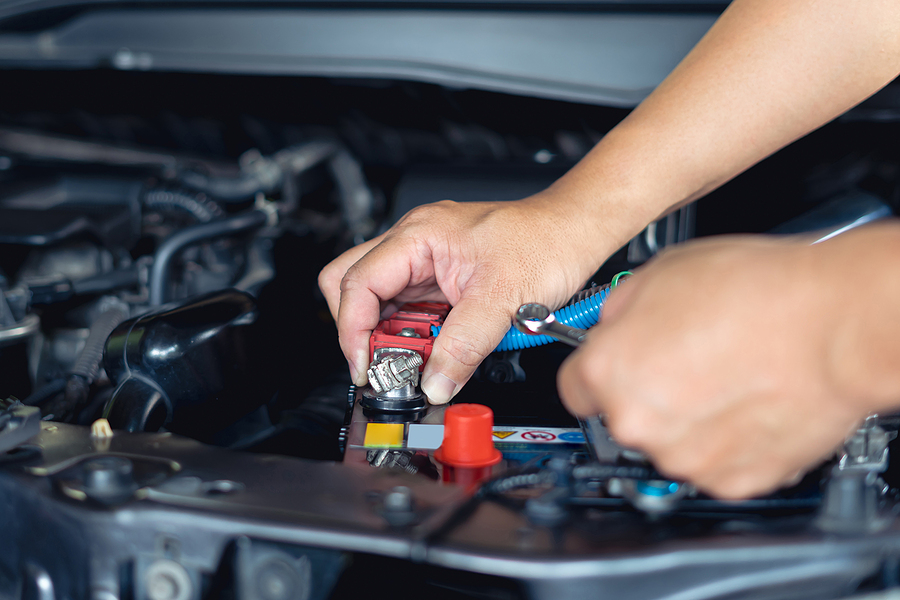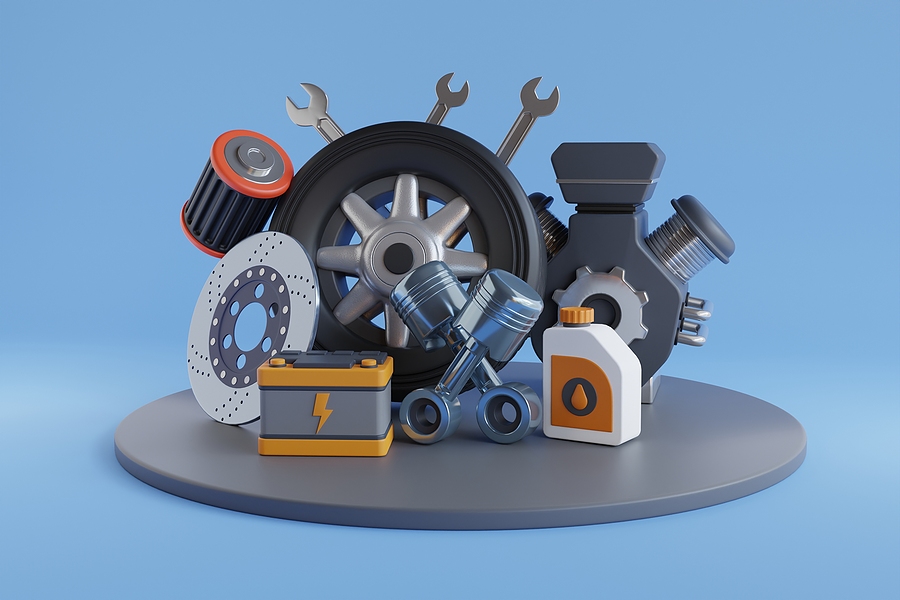Imagine driving down the highway when suddenly, your car’s dashboard lights up like a Christmas tree. Is it the engine? The tires? Chances are, it’s a sensor glitch. In today’s high-tech vehicles, sensors play a crucial role in monitoring everything from tire pressure to engine performance.
These tiny components collect and relay vital information to your car’s onboard computer, ensuring a smooth and safe ride. But what happens when these sensors go haywire? This blog post dives into sensor technology in cars, common types, causes of glitches, and how to fix them, making it a must-read for every car owner.

Common Sensor Types and Their Functions
Engine Control Unit (ECU) Sensors
The Engine Control Unit (ECU) is the brain of your car. It relies on various sensors to optimize engine performance. These include oxygen sensors, which measure the amount of unburned oxygen in the exhaust, and mass airflow sensors, which monitor the air entering the engine. Both are critical for maintaining fuel efficiency and reducing emissions.
Tire Pressure Monitoring System (TPMS)
No one likes a flat tire, and that’s where the Tire Pressure Monitoring System (TPMS) comes in. These sensors continuously check tire pressure and alert you when it drops below a safe level. Properly inflated tires not only improve fuel efficiency but also enhance vehicle safety.
Anti-lock Braking System (ABS) Sensors
The Anti-lock Braking System (ABS) sensors are essential for safe braking. They monitor wheel speed and prevent the wheels from locking up during sudden stops, thereby maintaining traction and stability. A malfunctioning ABS sensor can lead to reduced braking efficiency and increased stopping distances.
Understanding Sensor Glitches Causes and Signs
Environmental Factors
Extreme temperatures, moisture, and road salt can wreak havoc on your car’s sensors. These environmental factors can cause corrosion or damage to the sensors, leading to inaccurate readings or complete failure.
Electrical Issues
Faulty wiring, loose connections, or blown fuses can disrupt the communication between sensors and the vehicle’s computer system. Electrical issues are often the root cause of sensor glitches, leading to erratic behavior and false alerts on your dashboard.
Wear and Tear
Like any other component, sensors degrade over time due to regular wear and tear. Older vehicles are more susceptible to sensor glitches because the sensors may have exceeded their lifespan, resulting in unreliable performance.
The Impact of Sensor Glitches on Vehicle Performance and Safety
Reduced Fuel Efficiency
When certain types of sensors, such as the oxygen sensor or mass airflow sensor, begin to malfunction, they can send inaccurate data to the ECU. This can result in an improper air-fuel mixture, causing the engine to run rich or lean, ultimately reducing fuel efficiency.
Compromised Safety Features
Sensor glitches can affect safety features like the ABS and TPMS. A faulty ABS sensor may cause the brakes to lock up, while a malfunctioning TPMS can lead to unsafe driving conditions due to underinflated tires.
Increased Repair Costs
Ignoring sensor glitches can lead to more significant issues down the line, resulting in costly repairs. For example, a faulty oxygen sensor can damage the catalytic converter, an expensive component to replace.
How to Diagnose and Fix Sensor Glitches
Using an OBD-II Scanner
An OBD-II scanner is a valuable tool for diagnosing sensor glitches. By plugging it into your car’s OBD-II port, you can retrieve diagnostic trouble codes (DTCs) that indicate which sensors are malfunctioning. This information can help you pinpoint the problem and take appropriate action.
Visual Inspection
A visual inspection can reveal obvious issues like damaged wiring, loose connections, or corroded sensors. Addressing these problems can often resolve sensor glitches and restore normal operation.
Professional Help
If you can’t diagnose or fix the issue yourself, it’s best to consult a licensed mechanic. They have the expertise and specialized equipment to identify and repair sensor-related problems, ensuring your vehicle runs smoothly and safely.
Preventative Maintenance Tips to Avoid Sensor Issues
- Regular Inspections – Routine inspections can help identify potential sensor issues before they become major problems. Check your sensors and related wiring for signs of wear, corrosion, or damage during regular maintenance.
- Keep It Clean – Keeping your sensors clean can prevent glitches caused by dirt and debris. For example, cleaning the mass airflow sensor and oxygen sensor can improve their performance and extend their lifespan.
- Timely Replacements – Replacing sensors at recommended intervals can prevent unexpected failures. Refer to your vehicle’s manual for guidance on when to replace specific sensors and adhere to these recommendations to maintain optimal performance.
Future of Sensor Technology in Automobiles
Advancements in AI and Machine Learning
The future of sensor technology in automobiles is bright, with advancements in AI and machine learning leading the way. These technologies can enhance sensor accuracy and enable predictive maintenance, allowing vehicles to anticipate and address potential issues before they occur.
Integration with IoT
The Internet of Things (IoT) is transforming how vehicles communicate with each other and their surroundings. IoT-enabled sensors can provide real-time data on traffic conditions, road hazards, and vehicle performance, improving safety and efficiency.
Enhanced Safety Features
Future sensor technologies will continue to enhance vehicle safety features. Innovations like advanced driver assistance systems (ADAS) rely on sensors to provide real-time data, enabling features like adaptive cruise control, lane-keeping assist, and automatic emergency braking.
Conclusion
Sensor glitches in cars can be a nuisance, but understanding their causes and knowing how to diagnose and fix them can save you time, money, and stress. Regular maintenance and timely replacements can prevent many sensor issues, ensuring your vehicle runs smoothly and safely. If you encounter persistent sensor glitches, don’t hesitate to seek professional help from a licensed mechanic. By staying proactive and informed, you can enjoy a safer, more efficient driving experience.
To learn more about keeping your car in top condition, book a consultation with an automotive expert ASAP! Contact Northeast Auto Service at 317-475-1846 for ASE licensed and trained factory scheduled maintenance and car inspections in Indianapolis, Indiana. We work on all make and model vehicles!
Related Posts:
Navigating Car Sensor Issues: Tips and Tricks
How to Diagnose and Solve Common Auto Electrical Problems
10 Common Reasons Your Check Engine Light is On



